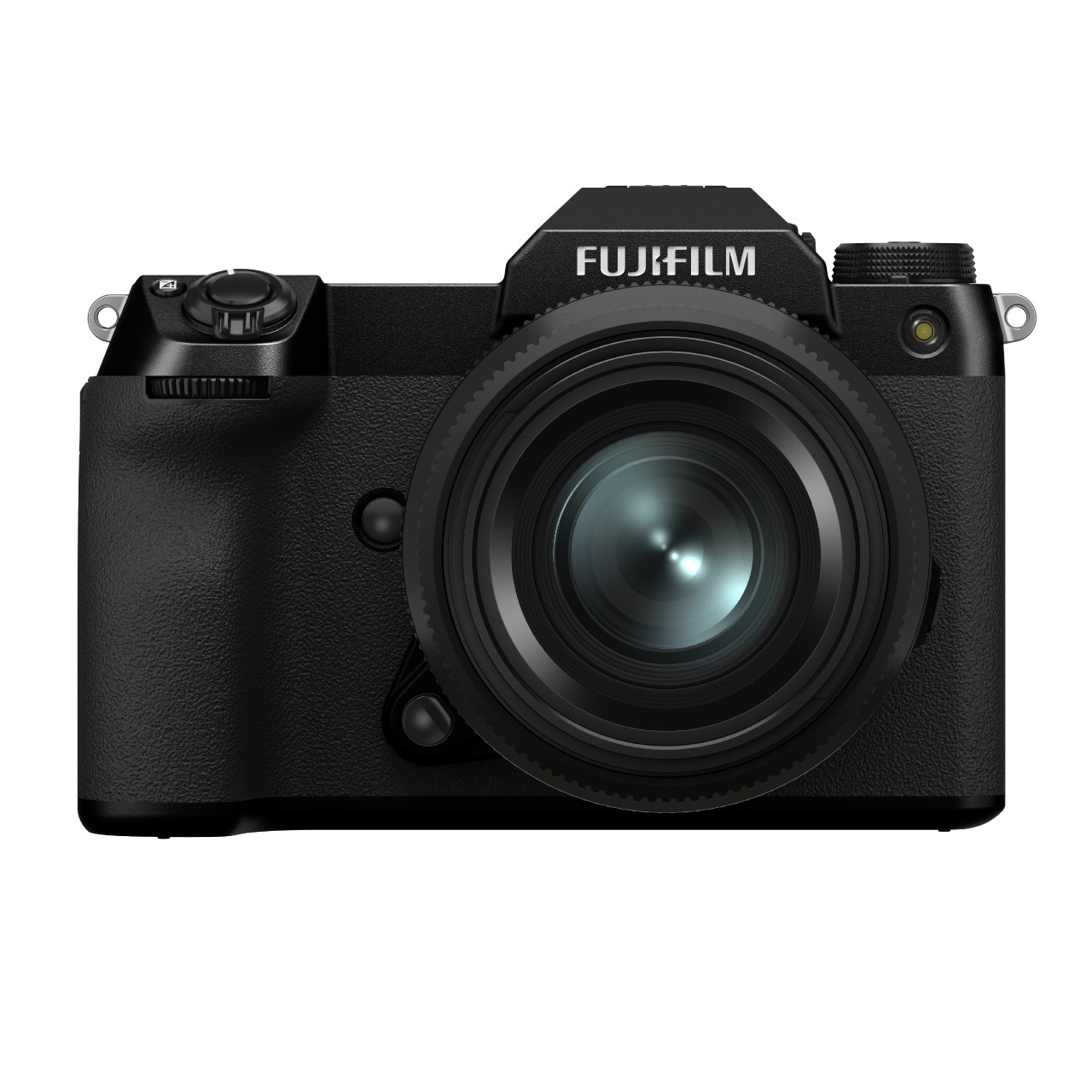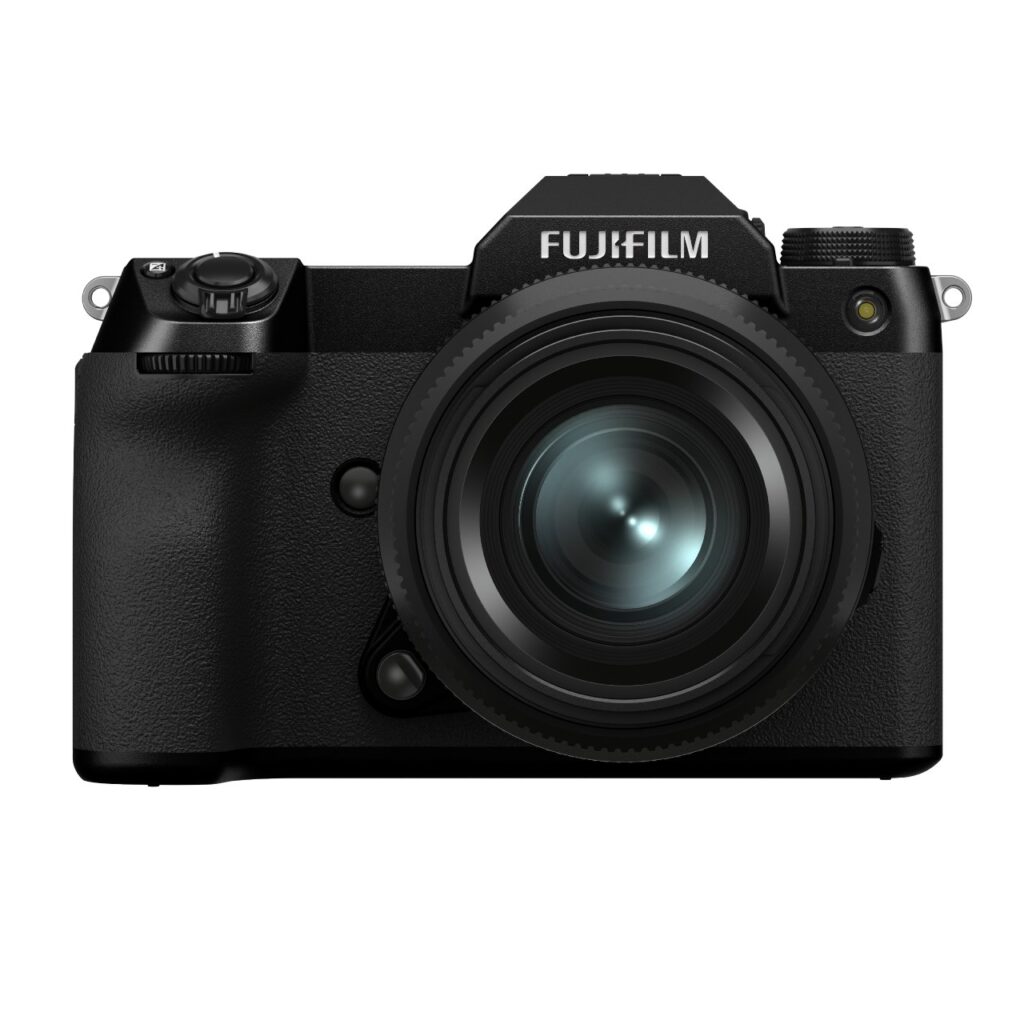There is a reason why you hardly see a medium format camera out in the wild or used by street photographers. For one, they are quite humongous compared to the modern full-frame DSLR. That size also comes with some heft to lug around and that affects your mobility greatly. But thanks to bigger sensors, you cannot use your regular lenses made for the full-frame format. They are exorbitantly expensive as well, technically.
But there are some benefits to a larger sensor size like the medium format camera. One of them is the better photo quality thanks to the larger pixel size within the sensor. Because of the larger images produced by the bigger sensor as well, the photos can be printed to a larger poster format with no detail loss too. That is why most photos you see in an art gallery are taken with medium format cameras. Thanks to the larger sensor and pixel size too, the depth of field you get from the camera is quite incredible.

Of course, they could make the cameras smaller today thanks to the mirrorless technology. The FUJIFILM GFX50S was one of the few options in the medium format segment with a sensor that fits into a smaller form factor of the full-frame DSLR camera body. In fact, it is a little smaller than some of the flagship class DSLR cameras. That said, it is still not a small piece of kit, nor is it light.
They managed to squeeze more performance into a tighter body with the brand-new FUJIFILM GFX100S though. Get this too, it packs a doubly powerful sensor than before. It packs 102-Megapixel from the same sized sensor from the 50-Megapixel GFX50S. We are entering large format category here.
That medium format 102-megapixel sensor is crammed into a camera body that weighs just 900g, like most full-frame camera bodies. This is way smaller than the FUJIFILM GFX100 launched last year. You also get a five-axis in body image stabilisation mechanics with the GFX100S with up to 6 stops. Thanks to medium format and FUJIFILM’s colour know how, you get incredible images from the FUJIFILM GFX100S.

Of course, you need a very powerful image processor to work with more than 100 million pixels as fast as a regular full-frame DSLR camera. For that, they back the medium format sensor with their in-housed developed X-processor 4 CPU that features four cores to work with. The result is stunning 16-bit images with up to 281 trillion colours. Of course, those colours will not translate to it videos.
It is still a capable video shooter with 4K 30fps to work with though and at 10-bit colour colours. While it can shoot at 4K 30p with F-Log, we would recommend you to go with a different sort of camera if you are going to sink a lot of money into video camera workflow. This is a photography beast, a different sort of imaging hardware.
The new image processor also allows the GFX100S to have an even faster auto focus and even wider focus coverage area than before at 100%. The auto focus now tracks moving subjects even better than before for sports photography. You can get up to 5 frames a second in continuous shooting. It might not sound as impressive as Sony’s new mirrorless full-frame contender that can shoot at 30fps. Think about it though, this has a sensor nearly twice as big as the Sony’s sensor.
The FUJIFILM GFX100S will be available in Malaysia toward the end of February 2021. The FUJIFILM GFX100S will also be launching alongside the GF80mm f/1.7 G-Mount prime lens. The GF80mm is also currently FUJIFILM’s fastest medium format lens to date. There are no official local pricings for the new camera or the lens just yet. The FUJIFILM GFX100S will be available soon in the North American market (body only) for US$ 5,999 (MYR 24,255*) though, which is a little more expensive than the older FUJIFILM GFX50S.
*Approximate conversion rate based on US$ 1 = MYR 4.043 on xe.com on 2nd February 2021









